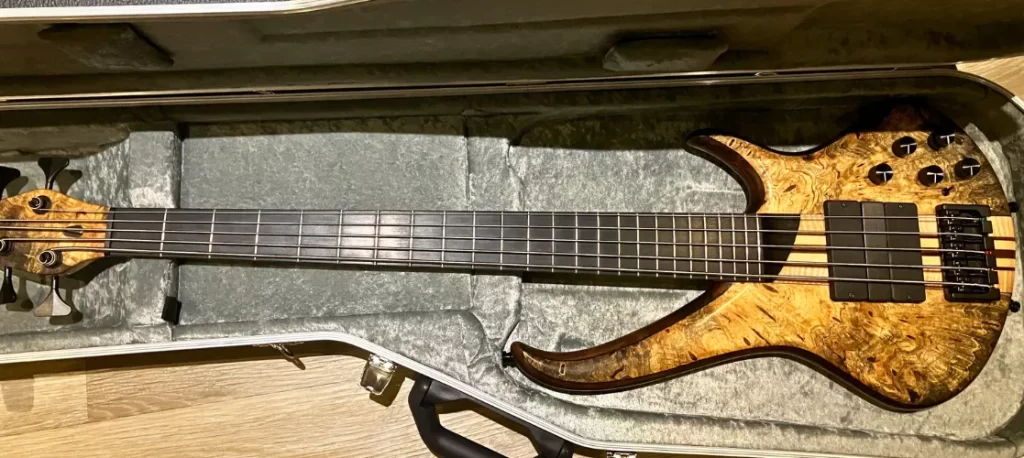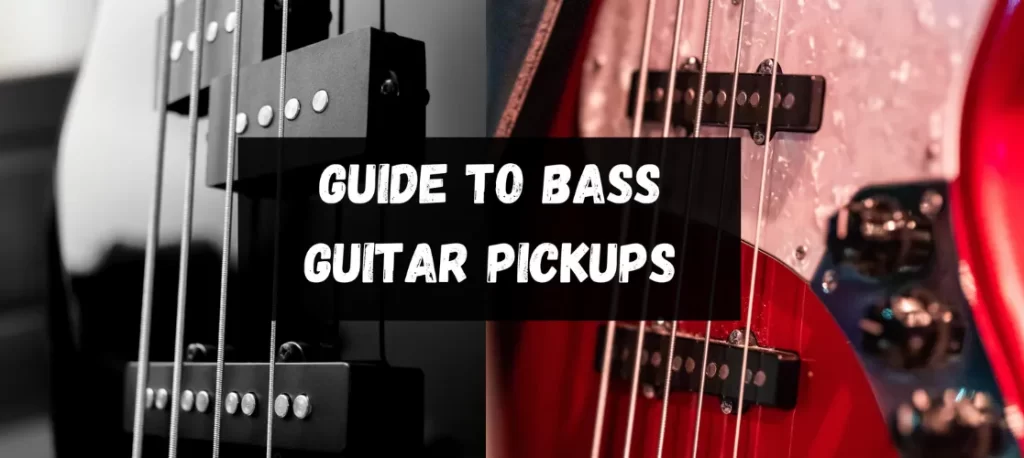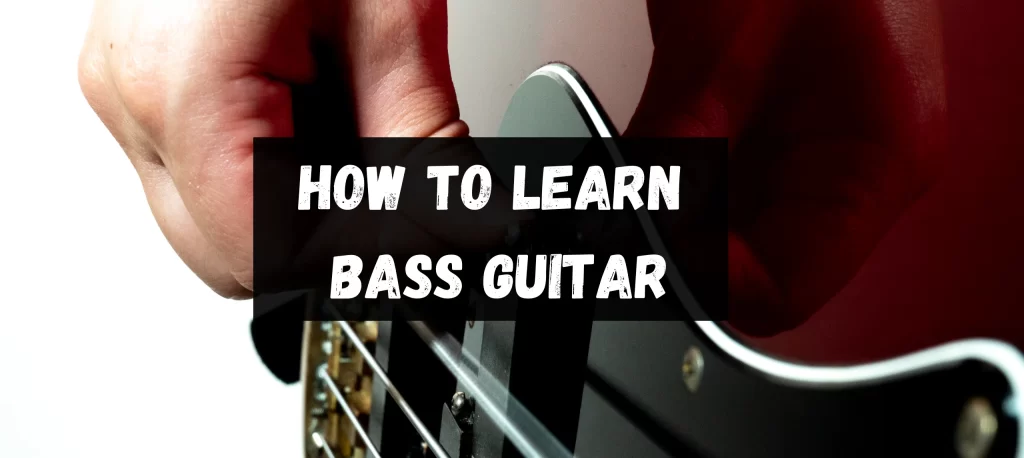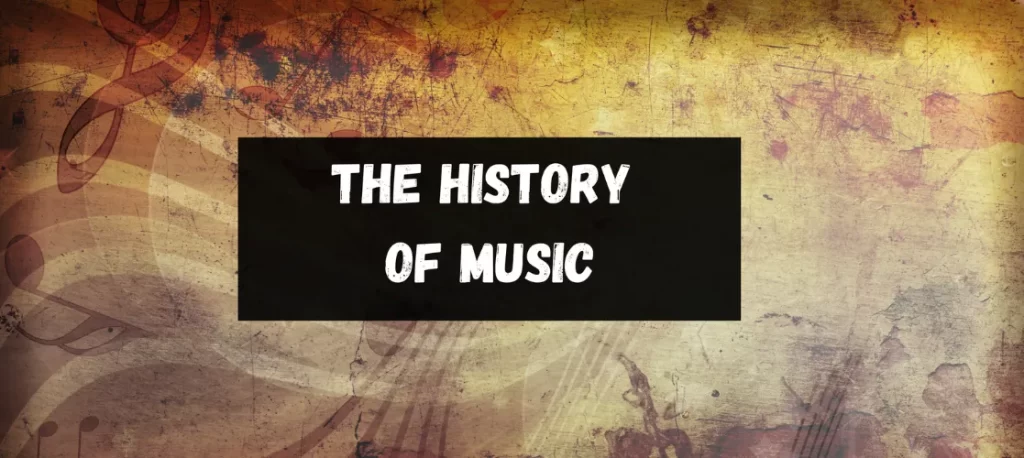August 23, 2023
Howard
Garage Rock is a genre of rock music characterised by its raw, energetic sound, often emulating the feel of amateur bands playing in a garage setting. It is emerging in the mid-1960s and incorporates rock ‘n’ roll, blues, and punk elements, often using simple chords and lyrics. The genre’s lo-fi production and rebellious attitude have made it a seminal influence in developing various rock subgenres, including punk and indie rock.
Garage Rock is often tossed around in musical conversations, but what does it truly encapsulate? The raw energy, distinctive sound, and ethos of rock ‘n’ roll merge in this fascinating genre that has inspired countless bands and solo artists. From the vintage repercussions of the 1960s to its modern-day revival, Garage Rock has left an indelible mark on the music landscape.
In the forthcoming sections, we’ll not only delve into the definition and fundamentals of Garage Rock but also explore its vibrant history, prominent artists, and cultural resonance. This is your exclusive guide to understanding the very essence of what defines Garage Rock. So, buckle up and prepare for a musical journey that promises to engage, enlighten, and entertain. Stay tuned, for there’s much to explore and more to enjoy!
Key Characteristics that Shape the Genre
Garage Rock is a fascinating genre, brimming with distinct traits that have helped it stand out in the annals of rock music history.
Raw and Energetic Sound
One of the hallmarks of Garage Rock is its raw, unfiltered sound. This can often be attributed to the lack of professional recording equipment, giving the music a gritty, unpolished feel that resonates with listeners seeking authenticity.
Simple Chords and Lyrics
Garage Rock often features simple chord progressions and lyrics that are easy to follow. This simplistic approach often enhances the genre’s appeal, making it accessible to musicians and fans.
Lo-Fi Production
Embracing imperfections, Garage Rock often boasts a lo-fi production quality. This “rough around the edges” approach has become synonymous with the genre and is celebrated for its genuine and unpretentious vibe.
Influence and Connection with Other Styles
A Springboard for Punk and Indie Rock
Garage Rock’s influence can be felt far and wide. Its energetic sound and rebellious spirit served as a precursor to Punk Rock, while its DIY ethos laid the groundwork for the Indie Rock movement.
Connection with Psychedelic Rock
Some Garage Rock bands ventured into Psychedelic Rock, blending fuzzy guitars and trippy effects to create a fusion that would captivate fans of both genres.
A Reflection of Rock ‘n’ Roll and Blues
At its core, Garage Rock pays homage to Rock ‘n’ Roll and Blues, drawing inspiration from these genres to forge its own unique identity.
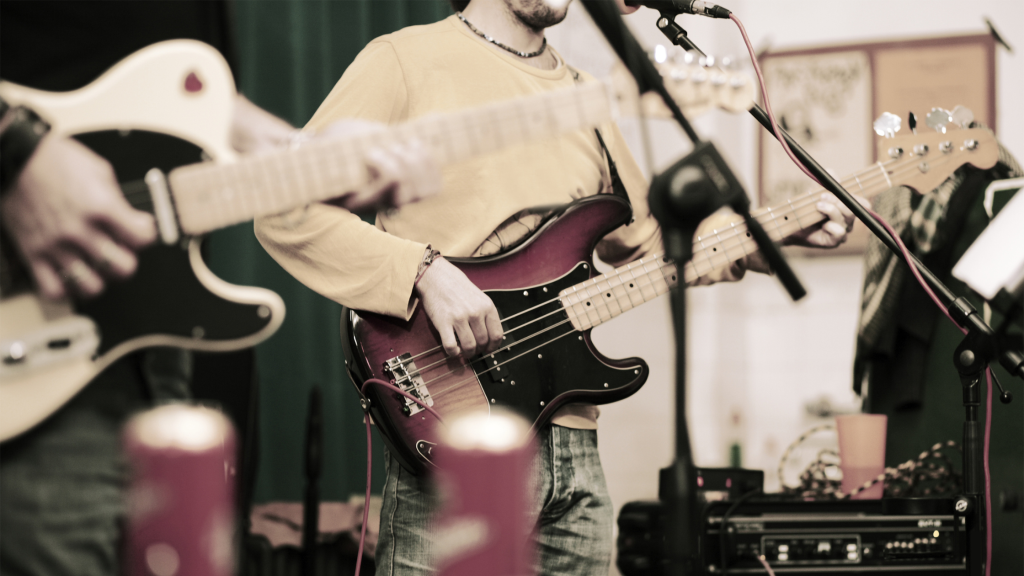
Historical Perspective
The roots of Garage Rock are as fascinating as its sound, a captivating blend of raw energy and unfiltered emotion. Join us as we journey through time, examining this genre’s origins, cultural impact, and significant milestones.
Origins and Evolution
Garage Rock’s genesis can be traced back to the early 1960s, primarily in the United States. Driven by the passion of amateur musicians, often rehearsing in garages (hence the name), the genre rapidly evolved. Influenced by the prevailing rock ‘n’ roll and R&B, it became a voice for youth, reflecting their rebellion and free spirit.
Cultural Impact and the Psychedelic Connection
The genre not only shaped music but also influenced the cultural landscape of the time. Garage Rock played a vital role in the burgeoning counterculture movement, intersecting with the psychedelic era. Bands began to experiment with sounds and styles, leading to a fusion that would become iconic in its own right.
Milestone Moments and Landmark Years
Garage Rock’s journey has been punctuated by several landmark years and milestone moments. The genre has seen waves of popularity and innovation, from the surge of local bands in the mid-60s to the revival in later decades. The genre’s undulating popularity has ensured its essence remains alive, continually inspiring new generations of musicians and fans.
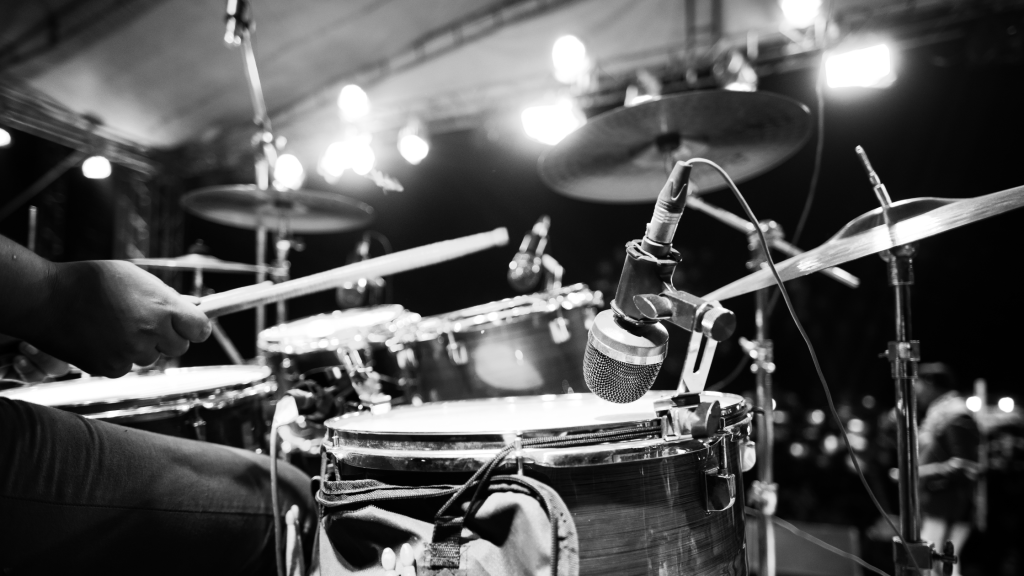
The Sound and Style of Garage Rock
Garage Rock’s essence lies in its raw and unpolished sound, often described as brash and unrefined yet full of energy and emotion. This section dissect the auditory components that define Garage Rock, making it a distinct and influential genre.
Instruments and Sound Techniques
The instrumentation of Garage Rock typically consists of electric guitars, bass, drums, and sometimes organ or keyboard. However, the way these instruments are played and recorded sets it apart. Techniques such as distortion, fuzz, and simple recording methods capture the genre’s unrefined energy, creating a sound that’s both aggressive and engaging.
Signature Melodies and Vocal Attributes
The melodies in Garage Rock are often straightforward and repetitive, underlined by the untrained but passionate vocals. It’s common to hear singers pushing their voices to the edge, resulting in a distinctive raspy or shouty quality. This vocal style enhances the vibrant and rebellious feel of the music.
Subgenres and Fusion Genres Exploration
Garage Rock’s adaptability has led to several subgenres and fusion styles, from psychedelic garage to punk-infused variations. These subgenres have experimented with different sounds, effects, and cultural influences, giving rise to an expansive and diverse musical landscape within the genre.
Noteworthy Artists and Their Contributions
The Garage Rock genre would not be what it is today without its artists’ unique and influential contributions. From the pioneering musicians of the ’60s to modern revivalists, this section pays homage to the bands and individuals who have shaped this remarkable genre.
Pioneers from the Mid-60s in America and the UK
Garage Rock’s roots are firmly planted in the mid-60s, with the emergence of several groundbreaking bands from both sides of the Atlantic. These artists embraced a raw and unfiltered approach, paving the way for what would become a defining sound of the era. Among these, bands such as The Troggs, The Kingsmen, and Them brought this new sound to mainstream attention.
Iconic Bands and Their Impact
Some bands transcended their initial garage roots to become iconic figures in rock history. Groups like The Ramones and Creedence Clearwater Revival, with their seminal albums and unforgettable hits, have left an indelible mark on Garage Rock and the broader musical landscape. Their legacy continues to inspire new generations of musicians and fans alike.
Contemporary Artists and the Revival of Garage Rock
In recent years, Garage Rock has experienced a resurgence, with a fresh wave of artists drawing inspiration from the classic sound while infusing it with modern sensibilities. Bands like The White Stripes and The Strokes have breathed new life into the genre, proving that Garage Rock’s appeal is far from confined to its heyday.
Significant Albums and Songs
Garage Rock is more than just a genre; it’s a collection of raw emotions and groundbreaking ideas captured in unforgettable albums and tracks. This section will delve into the masterpieces that helped shape and define the Garage Rock movement, offering listeners both a nostalgic journey and a fresh perspective on music.
Albums that Defined the Genre
Specific albums have a way of encapsulating the essence of a musical genre, and Garage Rock is no exception. From The Sonics’ “Here Is The Sonics” to The Stooges’ self-titled debut, these pivotal records not only showcased the unpolished and visceral energy of Garage Rock but also inspired countless artists who followed. Each of these albums is a story unto itself, reflecting the zeitgeist of a generation hungry for something new and genuine.
Memorable Tracks That Left a Mark
In addition to influential albums, Garage Rock is home to tracks that have transcended time to remain etched in the musical consciousness. Songs like “Louie Louie” by The Kingsmen and “Wild Thing” by The Troggs became anthems of rebellion and freedom, resonating with listeners across the globe. These tracks, along with many others, continue to be celebrated, covered, and rediscovered by fans old and new.
Learning from Masters and Industry Experts
Embarking on a musical journey within Garage Rock requires more than passion; it demands direction and mentorship. Various courses, workshops, and mentorship programmes offer aspiring Garage Rock musicians hands-on experience and expert guidance. Whether you’re looking to master the guitar riffs or develop your signature sound, these educational avenues provide the tools and knowledge needed to thrive. I can help you how to learn the bass guitar!
The Legacy and Continuation of Garage Rock
With its unpolished sound and grassroots appeal, Garage Rock has carved a unique place in the annals of music history. But what remains fascinating is its past, continued influence, and potential to evolve. The echoes of Garage Rock are still resonant today, and new generations are carrying its legacy forward.
How Garage Rock Influences Modern Music
Garage Rock’s influence permeates various modern music genres, from indie rock to punk revival. The raw energy, authentic emotions, and distinctive sound techniques that were hallmarks of Garage Rock can be heard in the tracks of many contemporary artists. It’s not just a historical curiosity; Garage Rock’s ethos continues to inspire musicians to break free from conventions and express themselves without constraints.
The Revival Movement and Future Prospects
Recently, a revival movement has breathed fresh life into Garage Rock. New bands embrace their rebellious spirit, and younger audiences rediscover classic tracks. Festivals and special events dedicated to Garage Rock are gaining popularity, and the genre seems poised for a resurgence. The future appears bright for Garage Rock, with potential growth in creative innovation and commercial success.
Conclusion
Garage Rock’s raucous sounds and unrefined charm have transcended decades, leaving an indelible mark on the music landscape. It’s a genre that carries more than just tunes; it’s a cultural movement that has inspired many and continues to do so. As we close our in-depth look at Garage Rock, we’re left with a sense of reverence for its impact and an excitement for what’s yet to come.
It represents the spirit of innovation, rebellion, and authenticity. Its influence is broad and varied, touching other music genres, fashion, lifestyle, and popular culture. It’s a genre that challenged the norms and provided a platform for voices that otherwise might have been lost in the noise.
Ever wondered, what is rock music?
Fancy More Reading?

Howard Head
I turn confused bass enthusiasts into bass gods through a simple and logical process.



